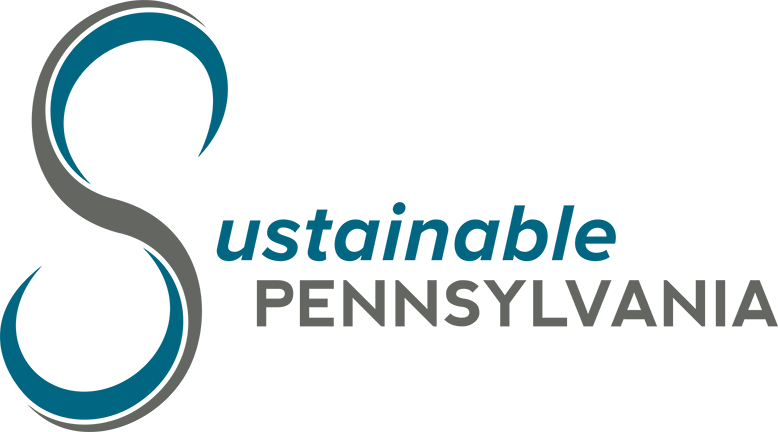Description:
Many Pennsylvania municipalities are currently impacted by stormwater management issues and are set to be increasingly impacted as our region’s climate changes in the coming years and decades. With wet weather events projected to become more frequent and more intense across the state, communities of all types will need to become more actively involved in planning for major infrastructure improvements to address the growing need for stormwater solutions.
Communities with combined stormwater/sewer systems should work to raise the capital necessary to separate their systems to address combined sewer overflows. Communities with separate storm sewer systems identified as urbanized areas by the PA Department of Environmental Protection should work to fulfill the obligations of the state’s MS4 program, which is administered as an obligation of a consent decree to bring Pennsylvania into compliance with the federal Clean Water Act. Across the board, community outreach and education will help to ensure that residents and other local stakeholders understand the importance and benefits of stormwater work.
All communities should work to implement stormwater infrastructure solutions that mitigate against risks like flooding and pollution. Gray infrastructure, like the traditional pipes, culverts, and underground storage tanks that have long served to manage stormwater in communities, can be effective in safely channeling water away from problem areas. Green infrastructure—which includes more natural solutions such as bioswales, rain gardens, retention ponds, and even trees—can in many instances hold water as or more cost-effectively than gray infrastructure, with the additional benefits of improving the pedestrian experience and public realm, restoring native pollinators and wildlife habitats to communities, and improving the air quality and urban heat island effect felt in many communities.
Prioritizing opportunities for green and gray infrastructure can be done with the support of regional planning authorities and watershed nonprofits as well as civil engineering and green design firms, who can do hydrology assessments to help municipal officials understand where priority zones for green infrastructure exist in the community. After understanding community priorities for green and gray infrastructure projects, the municipality can work with its engineer and budgeting team to create a capital plan for addressing water infrastructure projects. The activities of the plan can be supported through a municipal stormwater fee; the directing of existing revenue into a capital line item; county, state, or federal grants; or municipal bonds. Additionally, the municipality can set zoning requirements and create incentives to encourage strategic private adoption of green stormwater management practices.
